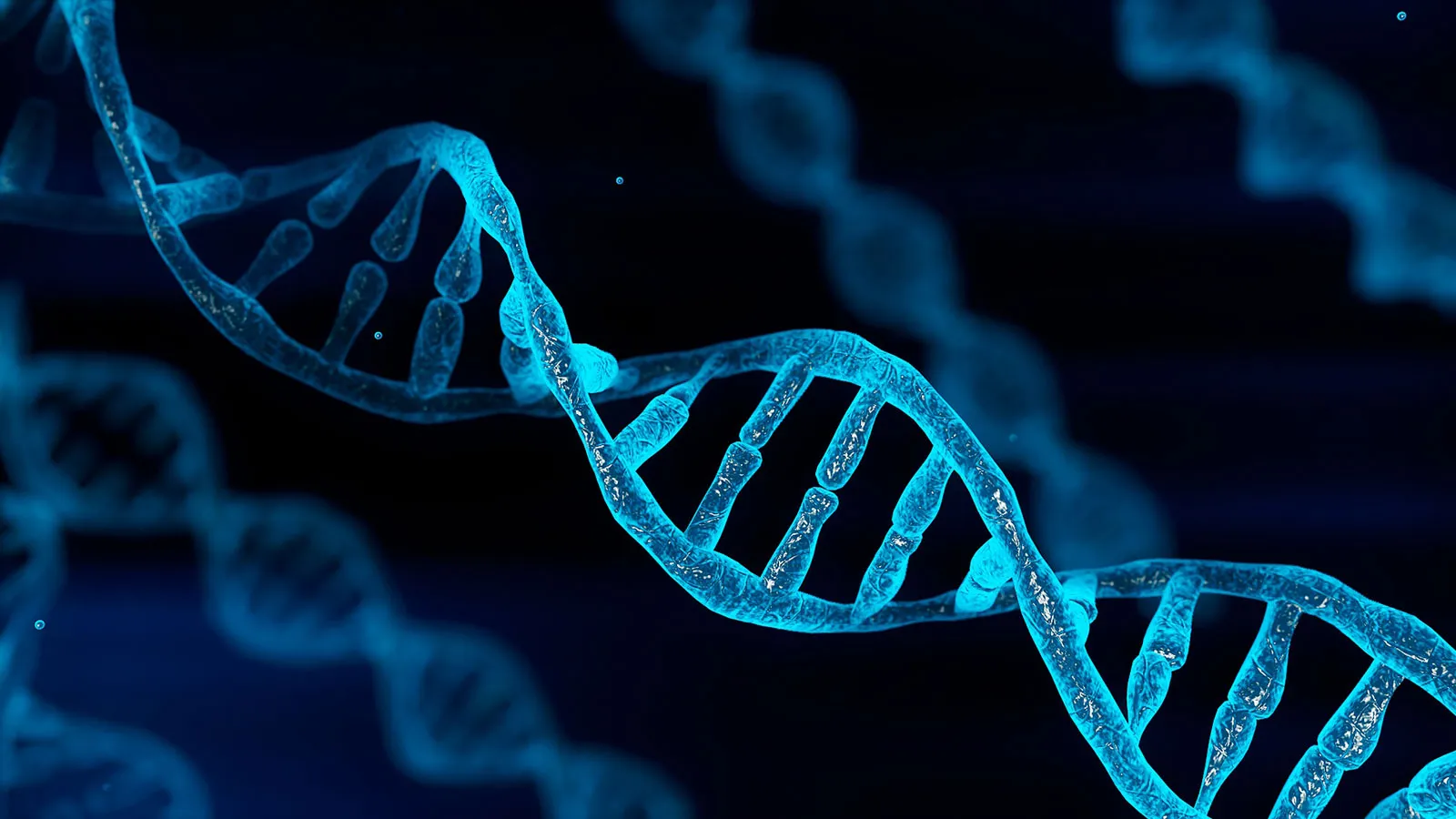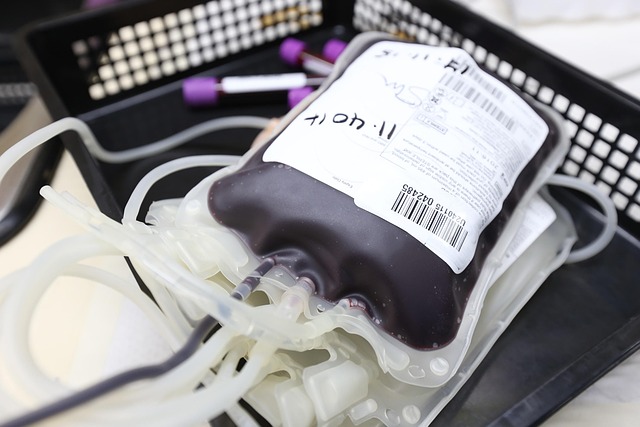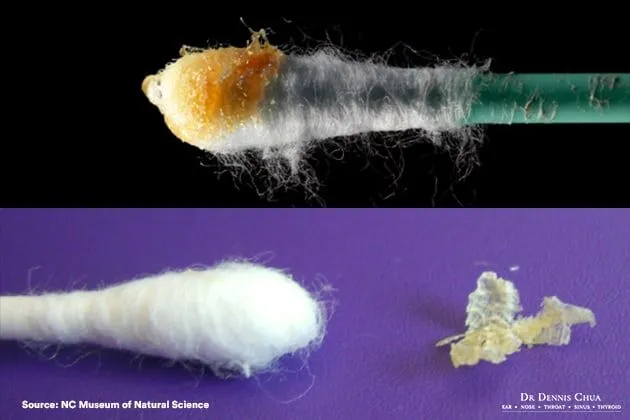
Introduction
What if we told you that something as mundane as your earwax could unlock secrets about your ancestry, your body odor, and even your health? Meet the ABCC11 gene—a tiny segment of DNA that quietly shapes more about you than you might ever expect. From the chemistry of sweat to the goo in your ears, let’s break down how this single gene reveals fascinating insights about human evolution, health, and cultural habits.
What is the ABCC11 Gene?
ABCC11 (ATP-binding cassette sub-family C member 11) is a gene found on chromosome 16 in humans. It produces a protein that helps transport various molecules across cellular membranes. But its “claim to fame” is influencing two surprising traits:
- The type of earwax you have (wet or dry)
- How much body odor your sweat glands produce
This single gene’s variant is a classic example of how a tiny DNA change can affect everyday life in a big way.
Earwax: Wet or Dry—It’s in Your DNA
The ABCC11 gene has two common forms (alleles):
- G allele (dominant): Causes wet, sticky, honey-brown earwax
- A allele (recessive): Causes dry, crumbly, grayish earwax
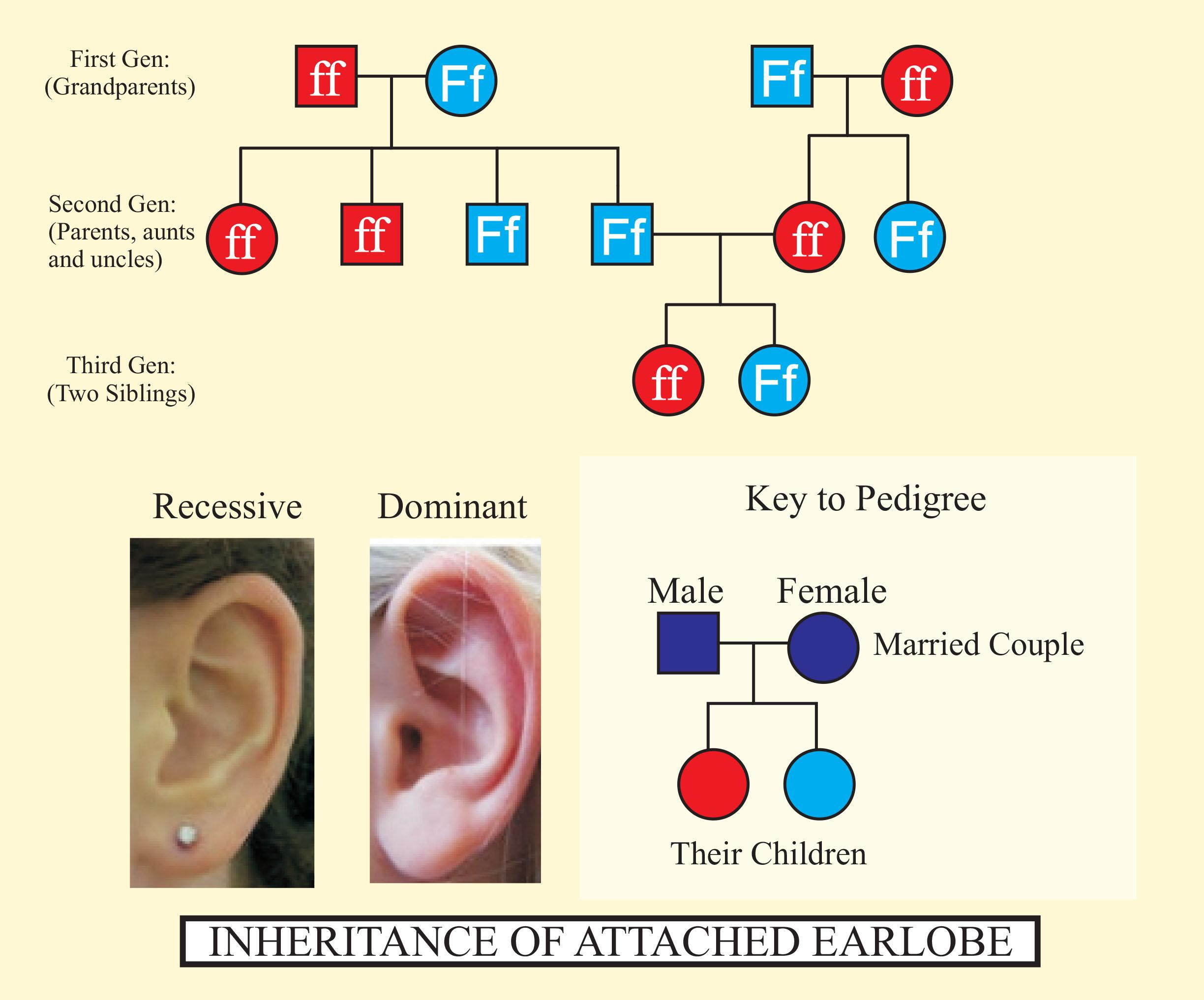
Who Has Which?
- Most East Asians (Chinese, Japanese, Koreans) have the A allele (dry earwax)
- Europeans, Africans, and South Asians mostly have the G allele (wet earwax)
- About 80–95% of East Asians have dry earwax, compared to less than 5% of Europeans
ABCC11 and Body Odor: Why Some People Smell Less
Here’s where things get even more interesting! The same gene variant that causes dry earwax also affects apocrine sweat glands (the ones responsible for body odor).
- People with the A allele (dry earwax) produce much less of the odor-causing chemicals in their sweat—this is why deodorants aren’t as popular in East Asia!
- People with the G allele (wet earwax) tend to have stronger body odor
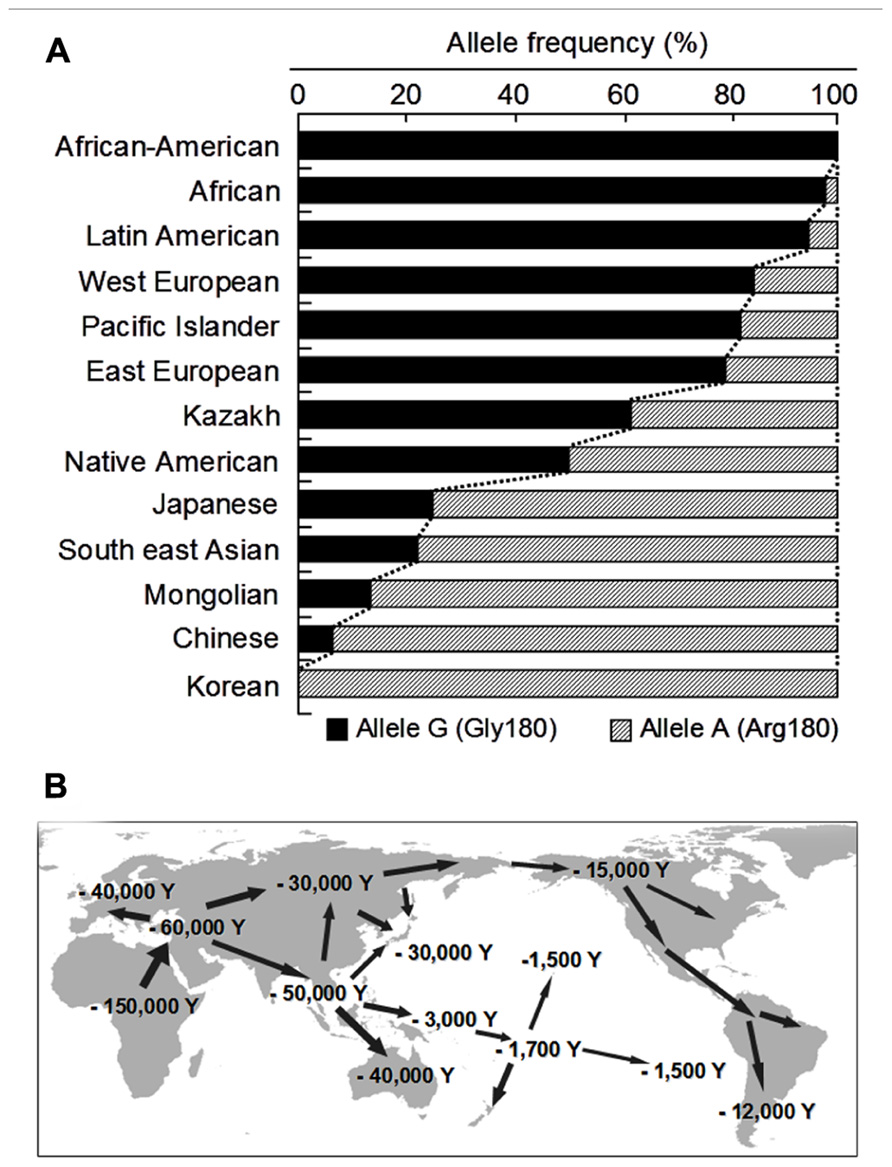
Evolution: Why Did the Dry Earwax Gene Spread in East Asia?
Scientists believe the dry earwax, low-odor gene spread in East Asia as an adaptation—possibly to cold climates, or as a response to social/cultural factors. In hot, humid regions, body odor might help signal health or fertility, but in cold areas, it could attract unwanted attention from animals or increase risk of frostbite from moist ears. It’s still a bit of a mystery!
Health Links: Is the ABCC11 Gene Connected to Disease?
- Ear health: Dry earwax is less likely to cause ear infections and buildup
- Breast cancer: Some studies suggest a minor link between the wet-earwax variant and increased breast cancer risk, but it’s not a major risk factor
- Odor-related social stress: In cultures where body odor is stigmatized, carrying the “smelly” gene can impact self-esteem
Can You Change Your ABCC11 Gene?
Nope. The ABCC11 gene you inherit from your parents is fixed for life. No diet, lifestyle, or supplement will switch your earwax or body odor gene—unless science someday offers gene editing to everyone (not happening anytime soon).
How Do I Know Which Variant I Have?
- Check your earwax!
- Dry, flaky, grayish? You likely have the A allele
- Wet, sticky, yellowish-brown? You likely have the G allele
- Genetic testing: Services like 23andMe or AncestryDNA can tell you your exact variant
Does This Gene Affect Attraction or Relationships?
Maybe! Smell is part of attraction—subtle body odor can influence mate selection. In some cultures, “odorless” is considered attractive, while in others, natural scent can signal health or compatibility.
Fun FAQs (and the Goofy but True Stuff)
Q: Can I “get” the ABCC11 gene if I don’t have it?
A: No. You inherit it at birth—no way to “catch” or gain it later.
Q: Does earwax type mean I’m more (or less) clean?
A: Not at all! It’s pure genetics—nothing to do with hygiene.
Q: Is it true some people don’t need deodorant at all?
A: Yes! Many East Asians have such low body odor they rarely need deodorant.
Q: Can earwax type reveal my ancestry?
A: It’s a good clue! Dry earwax is strongly linked to East Asian ancestry.
Conclusion
A tiny gene like ABCC11 shapes little quirks that make you, you. From earwax to body odor, it’s a reminder of how genetics influences not just how we look, but how we smell, sweat, and even shop for personal care. Next time you clean your ears or reach for deodorant, you’ll know: it’s written in your DNA.
